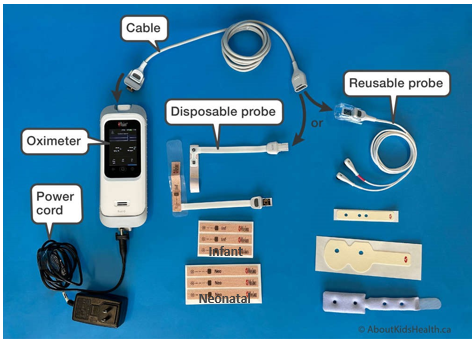HINT: How to enjoy summer and prevent heat related illnesses among children with medical complexity?
Connected Care Quick Hits are up to date and evidence based recommendations for the care of children with medical complexity & technology dependence, from hospital to home.
HINT: How to enjoy summer and prevent heat related illnesses among children with medical complexity?
SITUATION:
This QuickHit was informed by recent Connected Care Live consults regarding dehydration, as well as the opening of more activities for recreation and play this summer for children across the province.
BACKGROUND:
Children with medical complexity enjoy diverse recreation activities and are at risk of heat-related illnesses when the temperature and humidity rise in the summer.
Dehydration is the most common heat-related illness and it can happen quickly or slowly, depending on the child’s age and health condition.
Those most at risk for heat stress and dehydration include:
Babies and young children – as they absorb more heat and expend more energy, relative to their body surface area
Children with developmental disabilities – as they may not change position nor alert others for help if needed
Children who depend on others to administer their fluids- as some may communicate thirst
Children with neurologic conditions- as they may not recognize thirst, produce sweat and regulate body temperature
Children with chronic illnesses- as those with chronic lung, cardiac and GI conditions may experience excessive fluid losses
Children with acute illness- as fever, sunburns, or gastrointestinal infections may cause or potentiate dehydration
Children who exercise heavily- as they may suddenly experience onset of heat stress when not used to the heat or level of activity
Children taking select medications- as some may interfere with fluid/electrolyte balance and photosensitivity (e.g. antihistamines, diuretics, or medications for mental health conditions)
Any child that has had a heat-related illness- as this is a risk for another similar event
ASSESSMENT:
In starting a shift, preparing for and during an outing with a child with medical complexity, assessing for symptoms of dehydration include being extra vigilant when it’s hot and humid, and looking for:
Increased thirst
Elevated heart rate and breathing rate
Dry mouth, and dry, cracked lips
Low to no urine output or dark yellow urine
Low energy levels
Fatigue, drowsiness or irritability
Headache
Chills, cold or dry skin
No production of tears when crying
Severe cases of dehydration include:
Sunken eyes, or dark circles under the eyes
Sunken fontanelle (soft spot) on a baby’s head
Nausea or vomiting
Lethargy or coma
RECOMMENDATION:
To Prevent Heat Related Illness:
Consult with your health care provider and have an individualized plan for managing the child’s risk of heat stress (e.g. how much and types of extra fluids)
Carry extra fluids and administer per the care plan, and consider adding salty food, and those that replace electrolytes as tolerated (e.g. bananas, oranges)
Avoid the use of ‘sport drinks’ unless they are advised by your health care team
Employ heightened monitoring of the child’s ins and outs and compare vitals to their baseline and repeat often
Anticipate where and when to take breaks from the heat and use comforting strategies like bathing in cool water, fans and air conditioning
Always apply sunscreen for children > 6mos of age, and use sunglasses, hat and light coloured/loose clothing for comfort
If a child is suspected to be dehydrated, err on the side of caution and take precautions ASAP
If they do not feel better soon after moving from heat, seek immediate medical attention
If a child becomes unresponsive or unconscious, call 911 or take them to the emergency department right away
Connected Care Live is not to be used in the event of an emergency.















